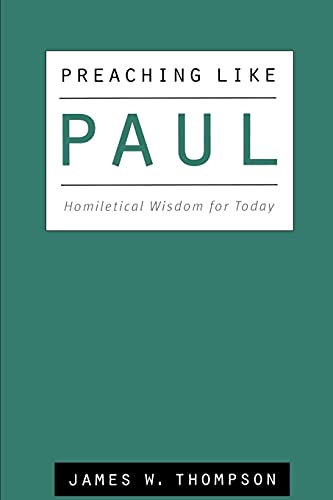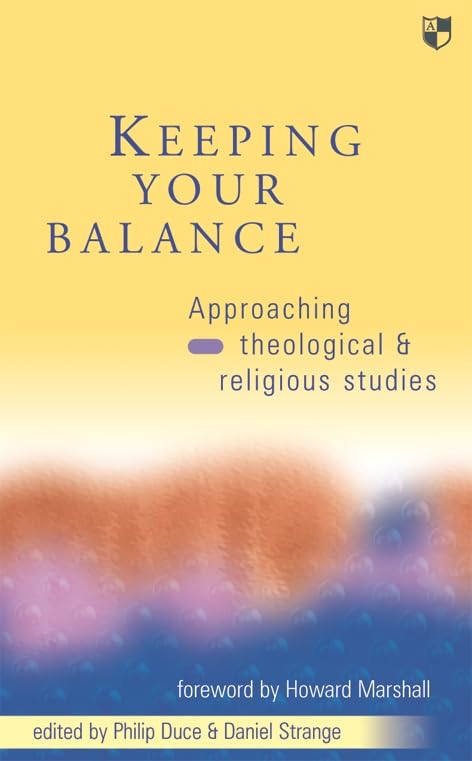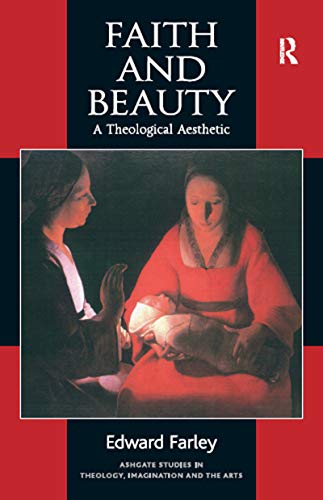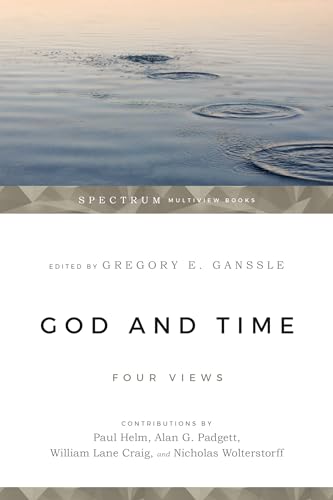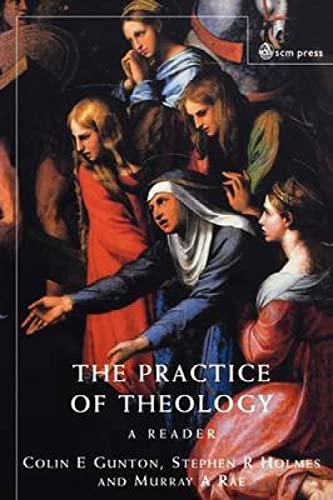THE SPIRITUAL SOCIETY: WHAT LURKS BEYOND POST-MODERNISM?
Written by Frederic W. Baue Reviewed By Steven SpriggsGiven the title my expectations for this book were that it would build on the various works relating to paradigm shift, but that instead of stopping at postmodernity or postmodernism (depending on whether one is referring to current cultural traits or the philosophical framework that is foundational for it) it would also go further and explore what the future might hold and suggest new ways of how the Church might take advantage of the missionary opportunities presented in a new world. This is the promise given on the back cover, ‘Frederic Baue describes this newly emerging worldview (postmodernism) and recommends an appropriate response for the church.’ In my view, Baue fails on both counts, rather he reviews Christian history and largely recommends maintaining the status quo. However his review of history and the model he uses is a valuable addition to that of paradigm as used by Kuhn (for science), and Küng and Bosch (for Christian history) if not equally as important.
Baue’s model of historical change is based on the work of Pitirim A. Sorokin (1889–1968), founder of Harvard’s Department of Sociology. Western civilisation has experienced a slow oscillation between ideational and sensate cultural modes. A sensate culture is one which primarily understands reality as something that can be perceived thought the human senses. Baue gives the example of Roman civilisation, it focused on practical matters such as building communication links and good order. Few of us, I am sure, have failed to marvel at the technological advancement of Roman Britain, good roads, central heating and public baths. An ideational culture is one in which true reality cannot be perceived by the human senses alone. As we see developing in contemporary Western society there is strong sense of the spiritual. Sorokin argued that the twentieth century was a time of transition to an ideational, or spiritual era.
The main part of the book is concerned with tracing the oscillation of sensate and ideational culture throughout Christian history. This demonstrates reasonably well the validity of the historical model and provides numerous lessons from the past.
The penultimate chapter begins to predict what our emerging culture will look like. Baue uses the word ‘Therian’, which he derives from the beast of revelation to describe the emerging culture. With this connection it is unsurprising that Baue sees much danger in the future. He takes a broadside at a whole range of beliefs; New Age, Hinduism, homosexuality, paganism, Masonic lodges, cults and the liberal sixties. Also condemned in the book are other beliefs, which evangelicals disagree upon such as evolution, feminism, and the charismatic movement and the ordination of women. In the final chapter Baue puts forward how Christians should engage with culture in the future. There is danger all around, heresy constantly threatens to engulf the Church. The ecumenical movement will lead all Protestants into the power of apostate Rome. We must flee by focusing on scriptural theology, rather than as I would suggest, following Paul’s example in Athens where he engaged with the spirituality of the people.
Baue fails to take a constructive approach. There is almost no recognition of the opportunities postmodernity provides and his condemnation of fundamentalism’s usual suspects is not especially relevant to the issue of postmodernity. If you want a tool to help increase your understanding of changing culture this book is valuable. If you want to explore what may follow postmodernity or how the Church could engage with postmodernity to redeem it, look elsewhere.
Steven Spriggs
Joshua Generation and PhD student at King’s College London



